Scottish tartan is known the world over – an indicator of clan, class, punk rock affinity, fashion preferences, and more. Its long and wild history is examined in a brilliant show at the V&A Dundee, simply titled Tartan. In it, tartan is examined from its inception – as seen in the Glen Affric tartan, believed to date from as early as 1500 – to its role in the punk rock revolution of the 1970s and 80s, its central appearance within Alexander McQueen’s high-fashion collections and present day (specifically, a 2022 tartan-covered Xbox Wireless Controller).
In this week’s Milkshake, we talk to the exposition’s co-curator, Kirsty Hassard – about her favorite pieces from the show, the Glen Affric tartan, and more. For the former, she chose a selection of tartans from Frances Farquharson, a Seattle society girl turned fashion editor turned Highlands muse. “She was an American fashion journalist who wrote for British Vogue, and the editor of Harper’s Bazaar in the 1940s and 1930s,” Hassard says. “She came to Scotland in the late 1940s, when she married the Laird of Invercalde, and she became Frances Farquharson.” While Frances Lovell Oldham, as she had been born, did not have a tartan, Frances Farquharson did. “Because her new surname has a clan tartan associated with it, she acquired a fabulous new wardrobe to associate herself with this. I was really drawn to her as a sort of fashion chameleon, I guess, but somebody who was able to adapt their personality basically through their fashion sense.”
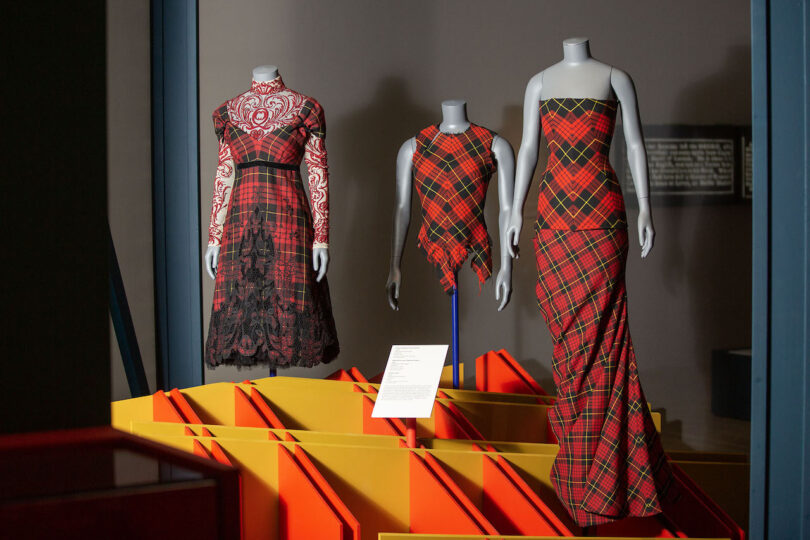
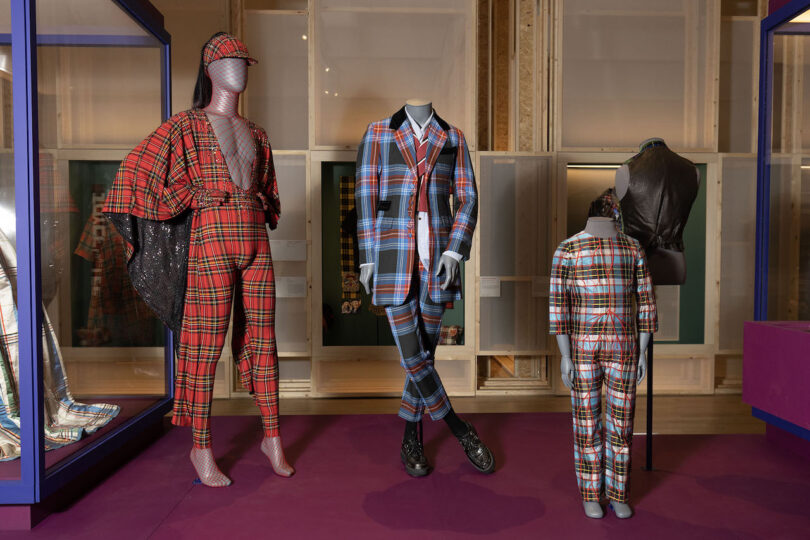
For Hassard, the “most exciting discovery” in the show was the Glen Affric tartan, discovered in a peat bog 40 years ago but more recently found to have dated to the 16th century. (Earlier “tartans,” as Hassard says, were only printed check patterns, not true tartans.) “Through radiocarbon dating, we discovered, with help from the National Museum of Scotland and the Scottish Tartans Authority, that the Glen Affric tartan is the oldest tartan ever to be discovered in Scotland – or potentially in the world,” she says. “It dates from between 1500 and 1550, and as its name suggests, it was found in a bog in Glen Affric, which is between Skye and Inverness up in the Scottish Highlands. What’s so exciting about it is that it conforms to the idea of tartan as we know it, so it’s got the idea of color, pattern, and proportion, which conforms with any tartan you might see that’s designed today – whereas other textiles that have claimed to be tartans that might have been discovered earlier than this one are checked patterns – what we have here is a true tartan.”
For more, tune in!
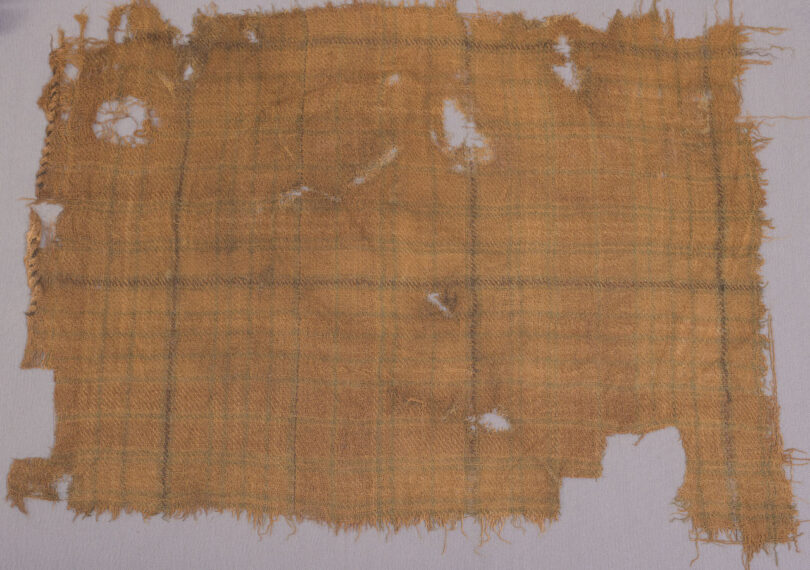
Scotland’s oldest-known true tartan, discovered by The Scottish Tartans Authority and on display for the first time at V&A Dundee’s Tartan exhibition
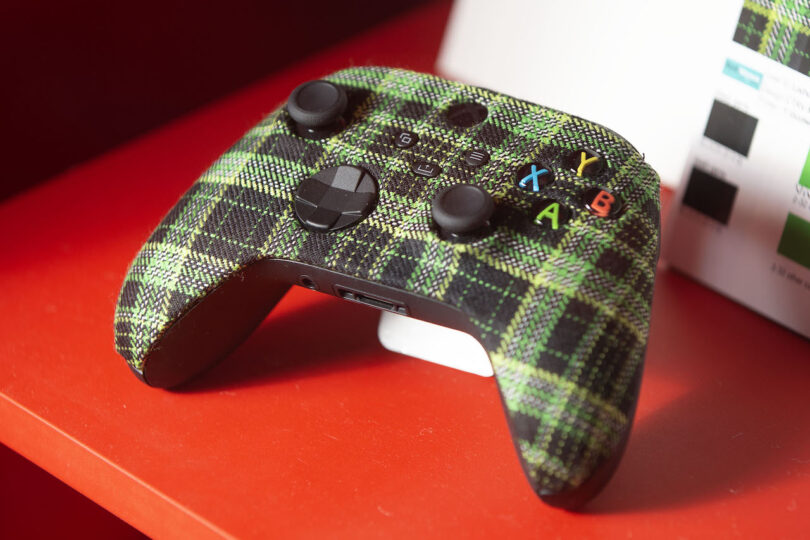
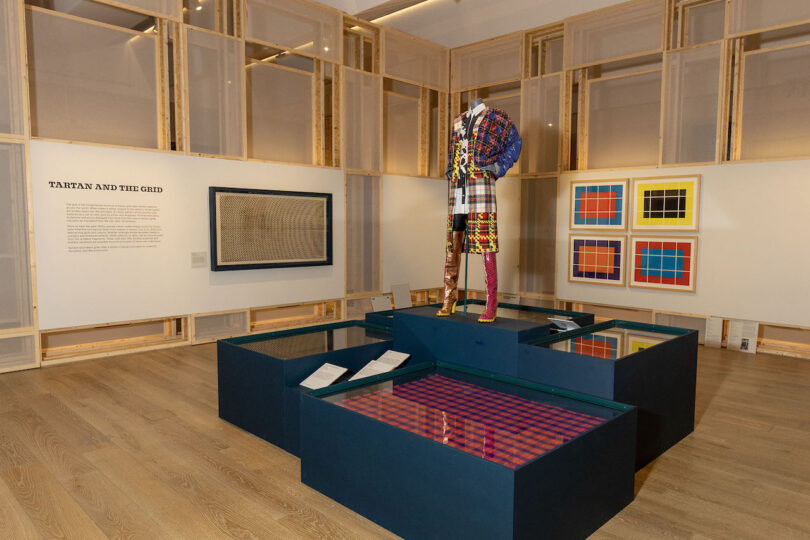
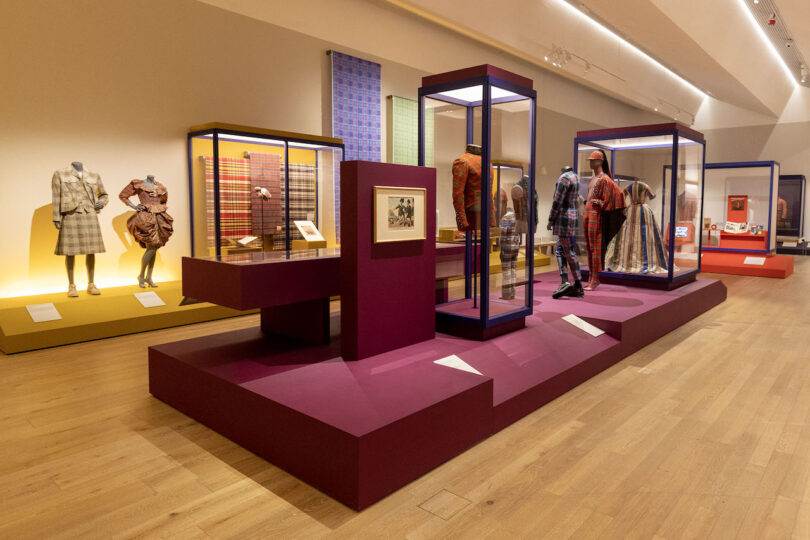
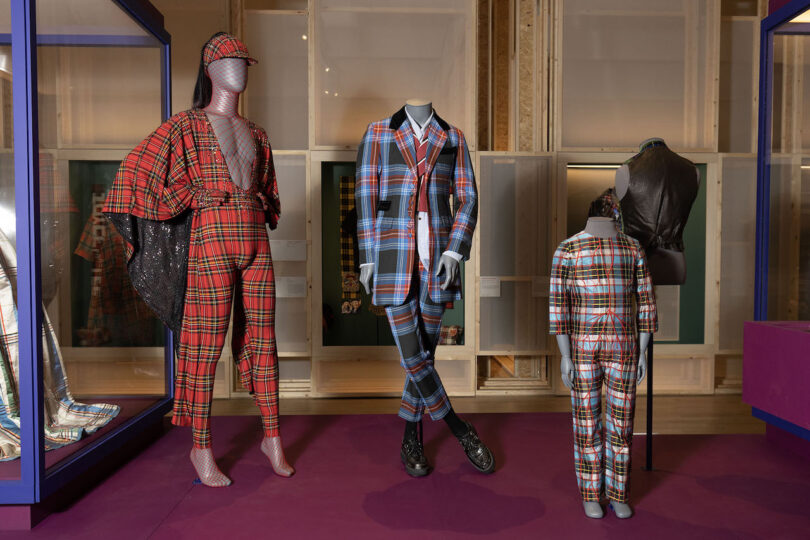
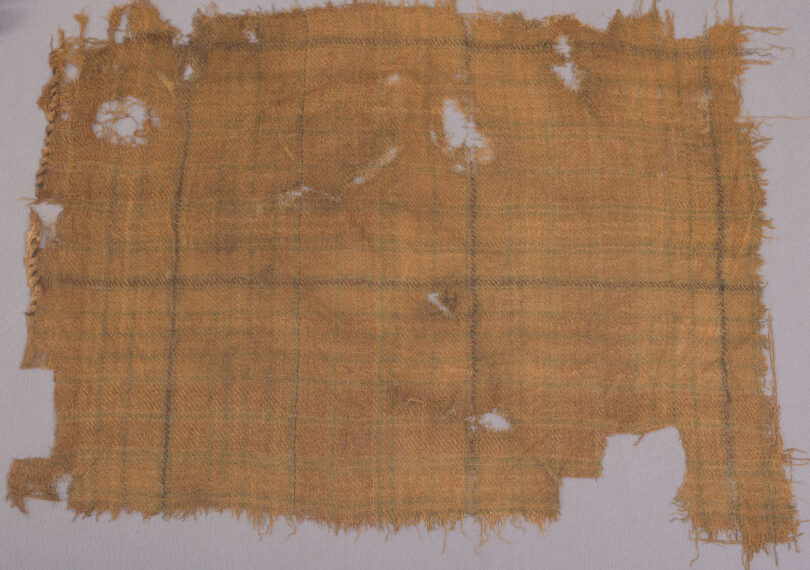
Diana Ostrom, who has written for Wallpaper, Interior Design, ID, The Wall Street Journal, and other outlets, is also the author of Faraway Places, a newsletter about travel.
Milkshake, DMTV (Design Milk TV)’s first regular series, shakes up the traditional interview format by asking designers, creatives, educators and industry professionals to select interview questions at random from their favorite bowl or vessel. During their candid discussions, you’ll not only gain a peek into their personal homeware collections, but also valuable insights into their work, life and passions.





